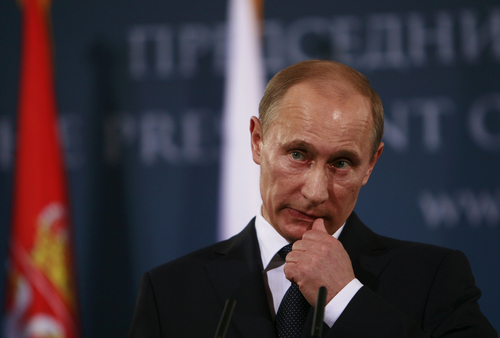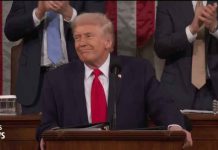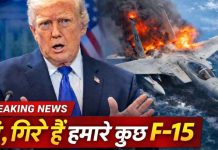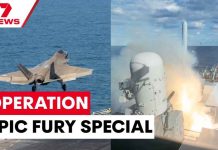
President Vladimir Putin and President Donald Trump have set the stage for potential long-term peace discussions regarding the Ukraine conflict.
Key Takeaways
- Russian President Vladimir Putin congratulated Donald Trump on his inauguration and welcomed potential talks.
- Putin signaled openness to dialogue with the U.S. on an equitable basis.
- Trump seeks to leverage his connections to end the Ukraine conflict swiftly.
- Both leaders have expressed aims for comprehensive peace beyond temporary cease-fires.
- Switzerland and Serbia have offered to host talks between Trump and Putin.
Putin Welcomes Trump’s Inauguration
Russian President Vladimir Putin has publicly acknowledged and congratulated Donald Trump on becoming the 47th president of the United States, marking a pivotal moment in potential diplomatic links. Putin emphasized Moscow’s readiness to reopen communications with Washington, highlighting the importance of dialogue based on mutual respect. The significance of these talks is amplified by the deteriorated ties, reminiscent of the Cuban missile crisis.
Putin’s congratulatory message reflects an eagerness to address major issues such as the ongoing Russia–Ukraine conflict, nuclear weaponry, and broader security concerns. The Kremlin’s invitation for dialogue indicates Putin’s commitment to developing a substantial and lasting peace agreement, more nuanced than simple cease-fire solutions.
Trump’s Vision for Resolution
President Trump, eyeing a swift resolution, is working to organize a meeting with Putin, aiming to harness his relationships with both the Russian leader and Ukrainian President Volodymyr Zelenskyy. Trump’s approach involves a team of seasoned advisors strategizing on sanctions and military aid dynamics, earmarking retired General Keith Kellogg as a special envoy.
General Kellogg is expected to advise on a formal cease-fire, possible sanction relief, and enhanced defense agreements for Ukraine, aiming for a robust security regime. Trump has recognized the human cost of the conflict, criticizing the loss of life and the use of U.S. missiles by Ukraine on Russian soil, while underscoring the urgency for a comprehensive peace process.
Complexities of the Talks
The intricacies of these impending talks are numerous. Putin’s stipulations include troop withdrawals, Ukraine’s neutrality, and lifting of sanctions, while Zelenskyy’s demands include military gains and support from Western allies. With Trump not publicly detailing his specific strategy, the anticipation builds over the potential directions these discussions might take.
Amid this backdrop, the potential peace talks between Trump and Putin would require addressing deep-seated geopolitical considerations and navigating a complex terrain involving multiple international actors. As observers watch closely, the dialogue process itself could set a precedent in U.S.-Russia relations if executed successfully.


